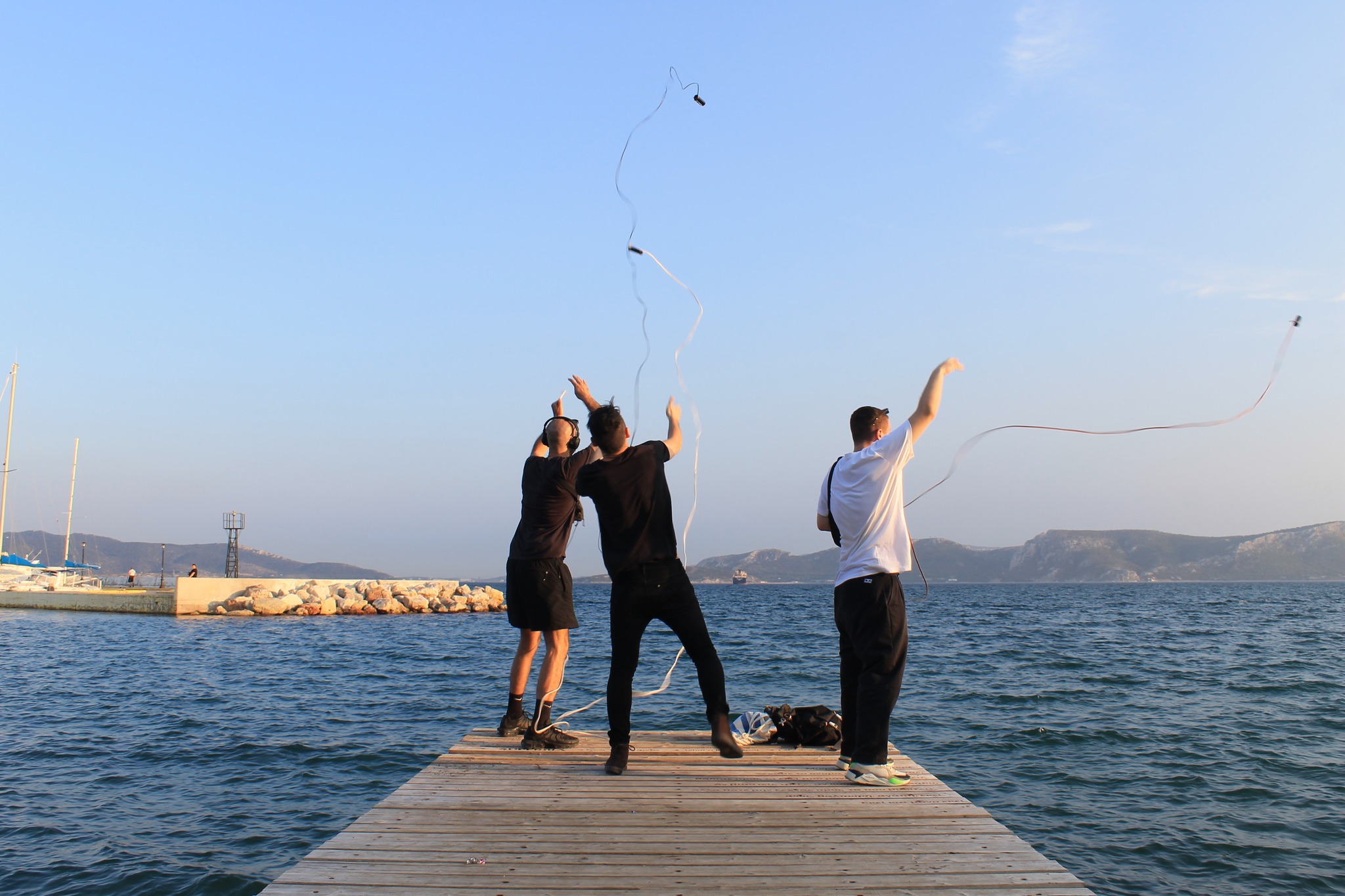
* Travel and accommodation for all required events is covered by SNFPHI.
The term “public humanities” describes the work of academic disciplines in the humanities (such as history, literature, anthropology, philosophy, classics, religion, and art history), creative arts, and museums to engage diverse publics by demonstrating the relevance of humanistic knowledge to civic and cultural life, popularizing specialized knowledge, and introducing new knowledge created at the grassroot level to academia. Public humanities endeavors seek to establish accessible spaces (physical or virtual) where publics can learn, exchange ideas, and reflect. To learn more about public humanities see the video from our seminar “Building Publics”.
SNFPHI supports projects with a public humanities objective (see the previous question) aimed at the Greek public. See the “Projects” and “Events” sections of our website to see examples of projects that we have supported in the past.
Individuals, NGOs, museums, schools, university departments and laboratories, libraries, and groups who have not established a legal entity are all eligible to apply.
Yes, individual and groups may submit a separate application for each proposed project.
Applications will be reviewed by a committee of Columbia faculty with expertise in Hellenic studies and public humanities. Successful applications effectively bring the ideas and insights of the humanities to life for the Greek public, demonstrate potential for lasting impact and long-term sustainability, stand to benefit from Columbia University resources, and are undertaken by or for younger generations.
Selected projects receive a $8000 grant for project expenses and access to additional funding. Project awardees work with SNFPHI’s Associate Director to create comprehensive project descriptions, outline goals, identify targeted publics, establish timelines, and identify technical needs. They are given full access to Columbia’s online resources and have the opportunity to collaborate with Columbia faculty, students, visiting fellows, and staff to realize their projects.
SNFPHI offers an initial $8000 grant covering expenses for project development and implementation (e.g., remunerations, transportation, consumables, equipment). Grantees will have access to additional funds for the public presentation of their projects (e.g. exhibitions, website development, video, etc).
The Stavros Niarchos Foundation Public Humanities Initiative (SNFPHI) at Columbia University supports projects that bring the ideas and insights of the humanities to life for the Greek public. The Initiative focuses on three main areas: History (e.g., preservation, oral history, archival practices, material culture); Creative Arts (e.g., performance, curation, literature); and Education (e.g., learning resources, teaching tools, educational games).
Projects are selected for a 14-month term, starting on March 1st. SNFPHI provides an initial $8000 grant for project development and implementation (e.g., remunerations, transportation, consumables, equipment) and organizes workshops for grantees at Columbia’s Morningside campus and at the Institute for Ideas and Imagination in Paris. Grantees will also have access to additional funds for the public presentation of their projects (e.g. exhibitions, website development, etc.).
The deadline for the submission of applications is January 17th, 2025. Applications can be submitted in either Greek or English. All applicants will receive a confirmation message and be informed of application outcomes by February 7, 2025.
SNFPHI encourages applications from individuals and groups interested in engaging the Greek public through projects in the fields of history, creative arts, and education and in working with Columbia faculty and students. Applications from those with a record of public-facing work and those just starting to explore the public humanities are equally welcome. Preference is given to projects that:
* Travel and accommodation for all required events is covered by SNFPHI.
The term “public humanities” describes the work of academic disciplines in the humanities (such as history, literature, anthropology, philosophy, classics, religion, and art history), creative arts, and museums to engage diverse publics by demonstrating the relevance of humanistic knowledge to civic and cultural life, popularizing specialized knowledge, and introducing new knowledge created at the grassroot level to academia. Public humanities endeavors seek to establish accessible spaces (physical or virtual) where publics can learn, exchange ideas, and reflect. To learn more about public humanities see the video from our seminar “Building Publics”.
SNFPHI supports projects with a public humanities objective (see the previous question) aimed at the Greek public. See the “Projects” and “Events” sections of our website to see examples of projects that we have supported in the past.
Individuals, NGOs, museums, schools, university departments and laboratories, libraries, and groups who have not established a legal entity are all eligible to apply.
Yes, individual and groups may submit a separate application for each proposed project.
Applications will be reviewed by a committee of Columbia faculty with expertise in Hellenic studies and public humanities. Successful applications effectively bring the ideas and insights of the humanities to life for the Greek public, demonstrate potential for lasting impact and long-term sustainability, stand to benefit from Columbia University resources, and are undertaken by or for younger generations.
Selected projects receive a $8000 grant for project expenses and access to additional funding. Project awardees work with SNFPHI’s Associate Director to create comprehensive project descriptions, outline goals, identify targeted publics, establish timelines, and identify technical needs. They are given full access to Columbia’s online resources and have the opportunity to collaborate with Columbia faculty, students, visiting fellows, and staff to realize their projects.
SNFPHI offers an initial $8000 grant covering expenses for project development and implementation (e.g., remunerations, transportation, consumables, equipment). Grantees will have access to additional funds for the public presentation of their projects (e.g. exhibitions, website development, video, etc).